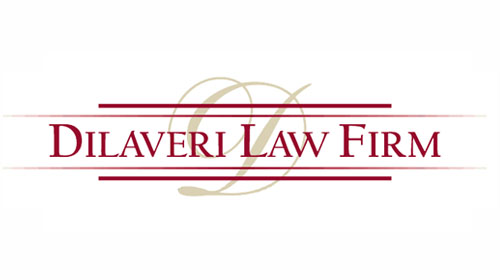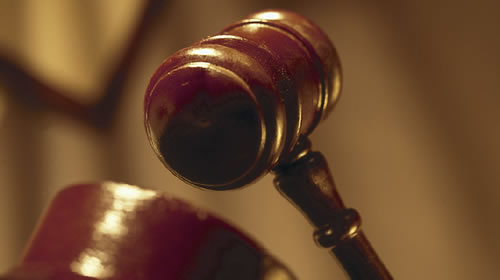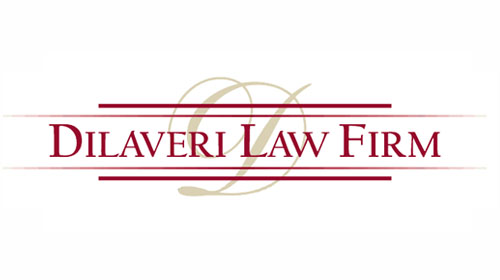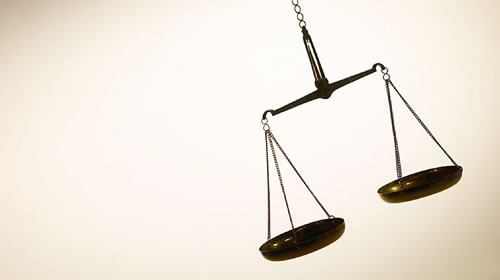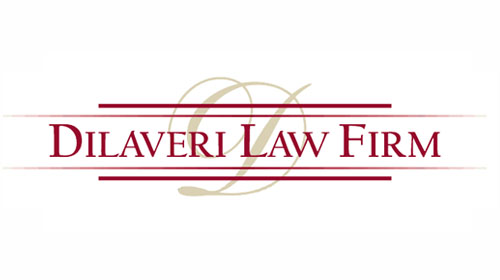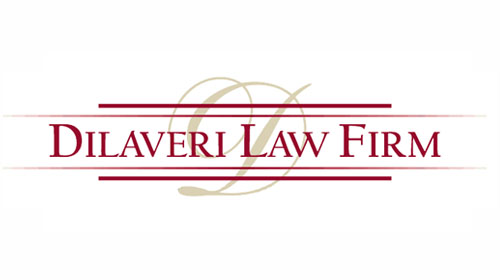Rochester Minnesota
DUI & Implied Consent Attorney
How Can We Help You
Rochester Minnesota B-Card License Lawyer
B-Card License Attorney Minnesota
The B-Card is a restricted driver’s license issued by the Minnesota Department of Public Safety with a no-alcohol/drug restriction. The B-Card provides a repeat DUI offender with an opportunity to become relicensed after having been cancelled as inimical to public safety (IPS) following a third or subsequent impaired driving incident. If you have questions about the B-Card license please contact our Rochester Minnesota DUI attorney, to see how we can help.
Issuing a B-Card to a Minnesota Driver
The Department of Public Safety (DPS) may cancel a person’s driver’s license when it deems that the person’s operation of a motor vehicle is inimical to public safety (IPS). This usually happens when the driver has three impaired driving incidents within ten years or four incidents in a lifetime.
An impaired driving incident does not have to be criminal conviction. A civil administrative loss of a driver’s license based on the Implied Consent Law is sufficient as well. Thus, even if a DUI criminal charge is dropped or reduced to a lesser charge, the Implied Consent revocation alone counts as a prior impaired driving incident.
The statutes of the State of Minnesota authorize the DPS to issue a driver’s license to certain drivers, contingent upon their written agreement to restrictions deemed appropriate for public safety. Such a license is referred to as a “restricted license.” When a restricted license is issued to a driver with three or more DUIs, they must absolutely abstain from alcohol and illicit drugs for a minimum of ten years. This restricted license is commonly referred to as a "B-Card." To be eligible for the B-Card, the driver must complete chemical dependency treatment and a proscribed rehabilitation period. Any violation of the no-alcohol/drug restriction (which would even include drinking wine as part of a religious ceremony) means revocation of the B-Card, the need to complete another chemical dependency treatment, and waiting the required rehabilitation period. Even worse, a violation of the no-alcohol/drug restriction while driving, even if it is not at the .08 level, involves criminal penalties at a gross misdemeanor level.
B-Card Driving Violations
Often, the violation of the no-alcohol/drug restriction will be discovered not from a DUI arrest, but rather from a traffic stop or when the police are called to investigate a domestic situation. It is important to note that there does not have to be an arrest or conviction for any crime for a person's B-Card to be cancelled based on a violation of the no-alcohol/drug restriction. In fact, because the right to have a driver's license is civil in nature, the courts of the State of Minnesota have held that even when the evidence of consumption is obtained through an unconstitutional police stop, DPS may still use it to cancel a person’s B-Card.
B-Card Cancellations
There are significant consequences to a B-Card cancellation because before a person can be re-issued a valid B-Card, they must again successfully complete chemical dependency treatment and rehabilitation. The DPS rules require documented proof of alcohol/drug abstinence in the rehabilitation process for obtaining a B-Card. The minimum period of rehabilitation is as follows:
- one year, for a person’s first rehabilitation;
- three years, for a person’s second rehabilitation; and
- six years, for a person’s third or subsequent rehabilitation.
Contact Us Today For A Free Consultation
If you have additional questions about the B-Card License, contact us. We always offer free initial consultations to our clients. Call 507.206.6020 or complete our free case evaluation form.
